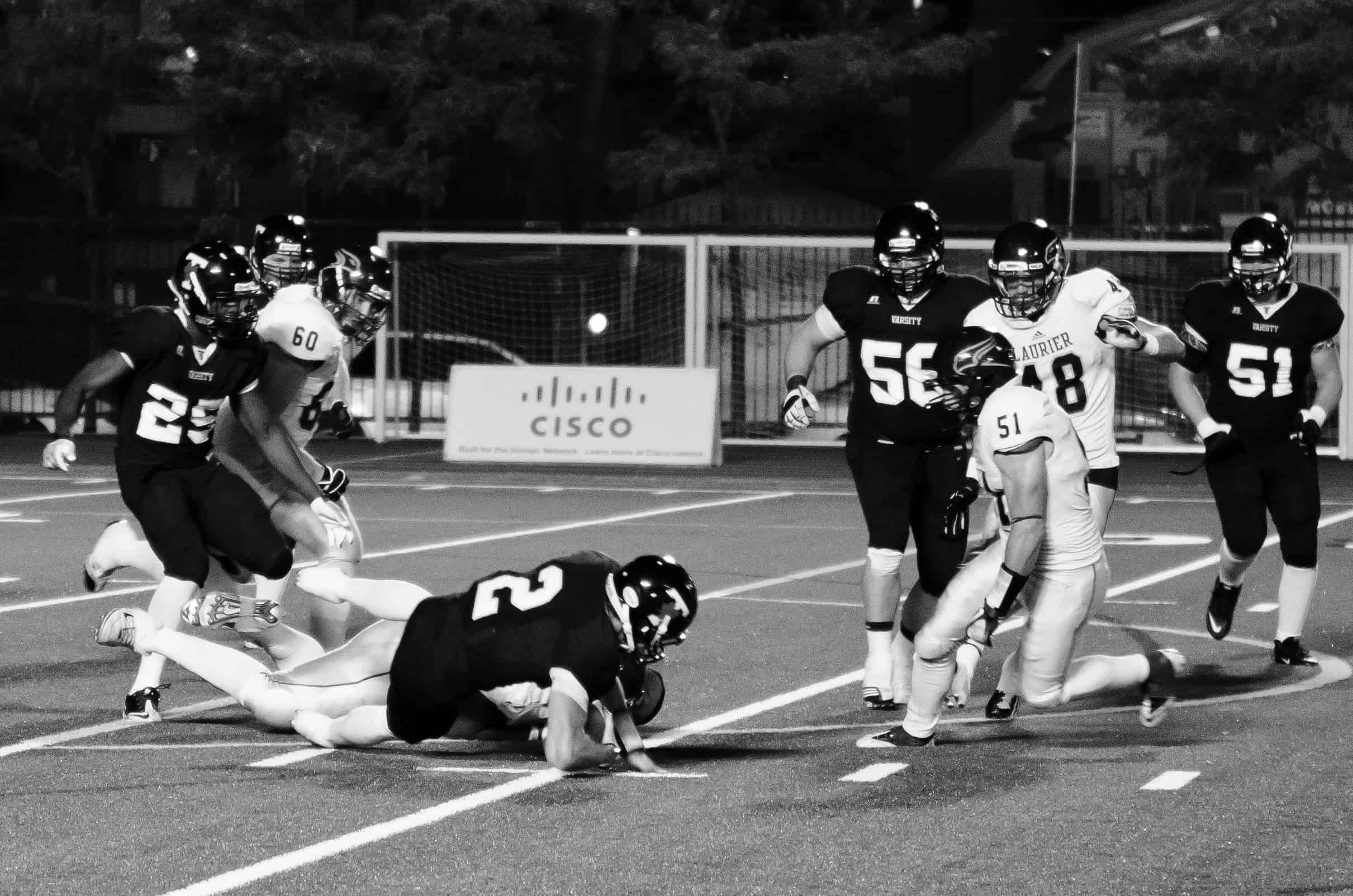Colin Kaepernick has become a media icon, merely by remaining seated when some would expect him to stand. He has received both admiration and condemnation for staying seated during the American national anthem. Kaepernick said, “I am not going to stand up to show pride in a flag for a country that oppresses black people and people of color.”
Kaepernick, San Fransisco 49ers quarterback, would not have been slated to become one of the most prominent sports figures playing today. He has earned his newfound public stature not because of his on-the-field play; instead it is because of his willingness to address the issues of police brutality and racial inequality, key social problems plaguing the United States.
Kaepernick’s method of protest displays an almost poetic political acumen: by deciding not to stand while the flag is raised, he uses the nation’s most important symbol of freedom to highlight the lack of freedom African-Americans experience everyday.
Initially, Kaepernick’s kneeling was viewed by many as distasteful and insulting to veterans. Fellow NFL players Drew Brees and Victor Cruz both condemned his actions.
Brees “wholeheartedly” disagreed with Kaepernick’s method, referring to the American flag as “sacred.” However, these reactions do not tell the whole story of the reception of Kaepernick’s actions. In response to Kaepernick’s protest and the backlash against it, the social media hashtag #VeteransForKapernick was created. Those using the hashtag displayed that, in fact, many veterans agreed with his sentiment and did not find his protest disrespectful.
Political protests by athletes are not new to the US. For instance, Muhammad Ali caused political uproar by refusing to fight in the Vietnam War. Tommie Smith and John Carlos, members of the Olympic Project for Human Rights, raised black-gloved fists on the podium at the 1968 Olympics in Mexico City as the American national anthem played to protest, among other things, racial segregation in the US.
Presently, national attention in the US to the problem of police brutality have prompted other athletes to stand up and protest. NBA stars Carmelo Anthony, Lebron James, Dwayne Wade, and Chris Paul together stood on stage at the ESPYs to give a speech, not only about the racial problems in the US, but also about the role athletes should play in activist endeavours.
Kaepernick is not alone in his choice of protest. His teammate Eric Reid joined him in kneeling prior to the 49ers final preseason game, and Seattle Seahawks cornerback Jeremy Lane also participated in the protest before his game against the Oakland Raiders. US soccer star Megan Rapinoe was unafraid of backlash when she knelt before Sunday night’s Seattle Reign game in support of Kaepernick. Rapinoe’s insight on Kaepernick’s protest spoke volumes as she used her own experience to empathize with Kaepernick’s message, saying, “Being a gay American, I know what it means to look at the flag and not have it protect all of your liberties.”
The public outrage at Kaepernick’s protest is inconsistent with the affection the nation showed Muhammed Ali following his death. Perhaps it is easier to venerate the past than honour the present.
Kaepernick isn’t an athlete with the natural ability of Ali, Smith, or Carlos, but he is a person who is willing to speak out on an issue of our time, and we should listen.


